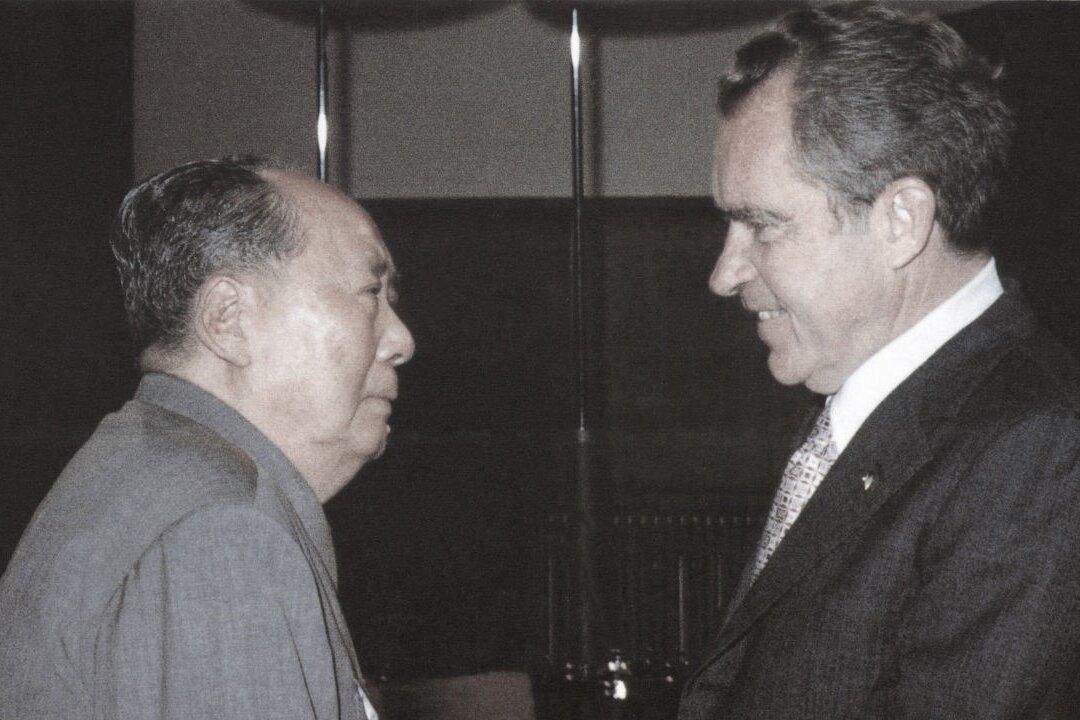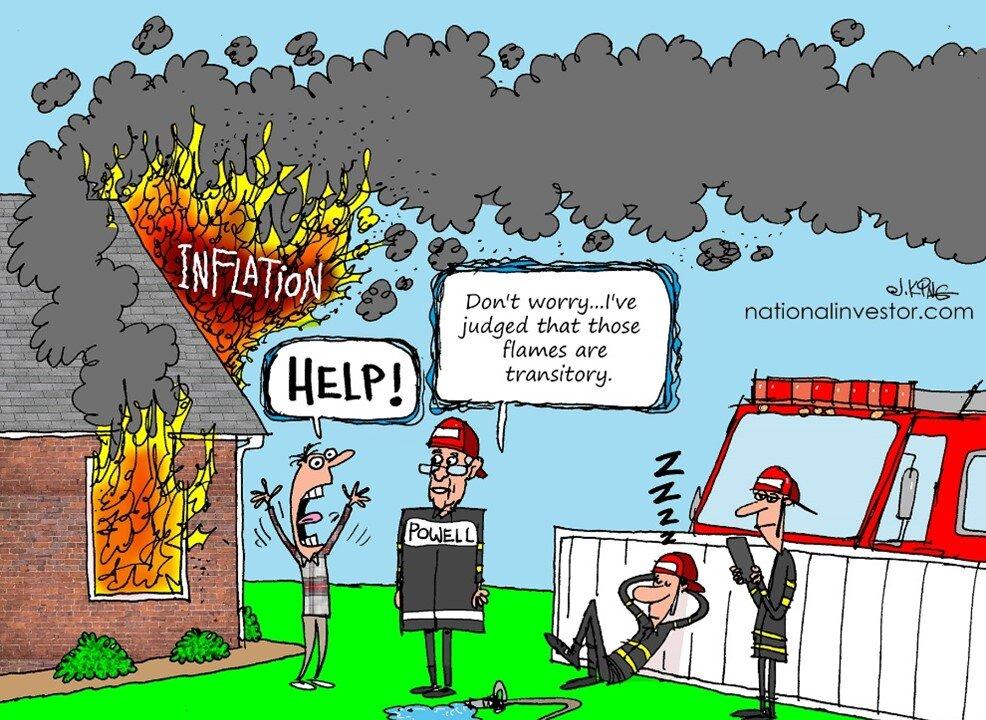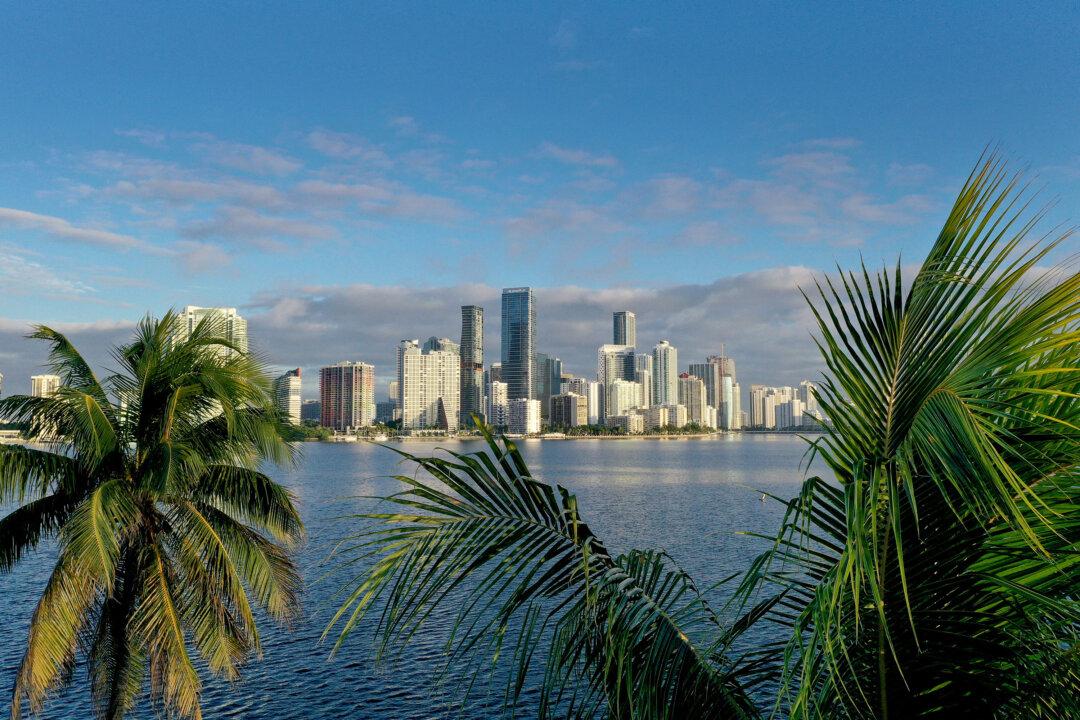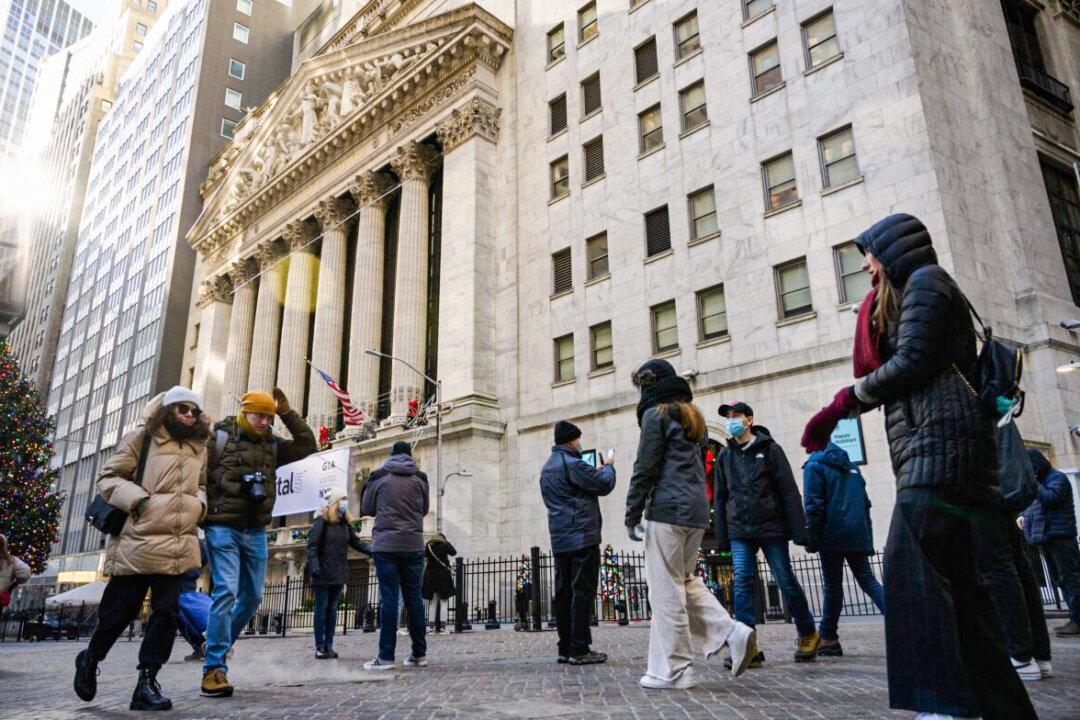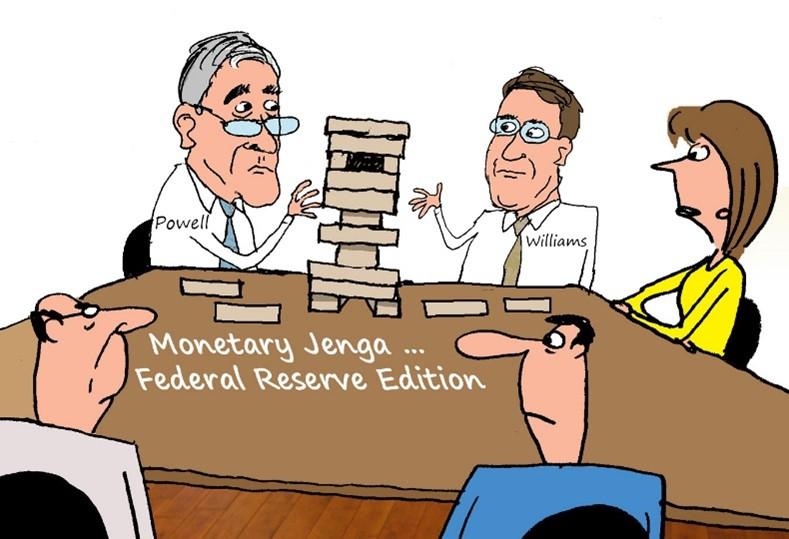Commentary
Over the majority of the 20th century, China was not one of the more notable players on the world stage. In the years leading up to World War II, the country did begin to deal with an early, insurgent communist movement against the ruling Kuomintang (KMT). Yet this development did not register as much in the world’s psyche at the time as communist movements in Western nations that preceded this, in great part due to China being a relatively closed society.
